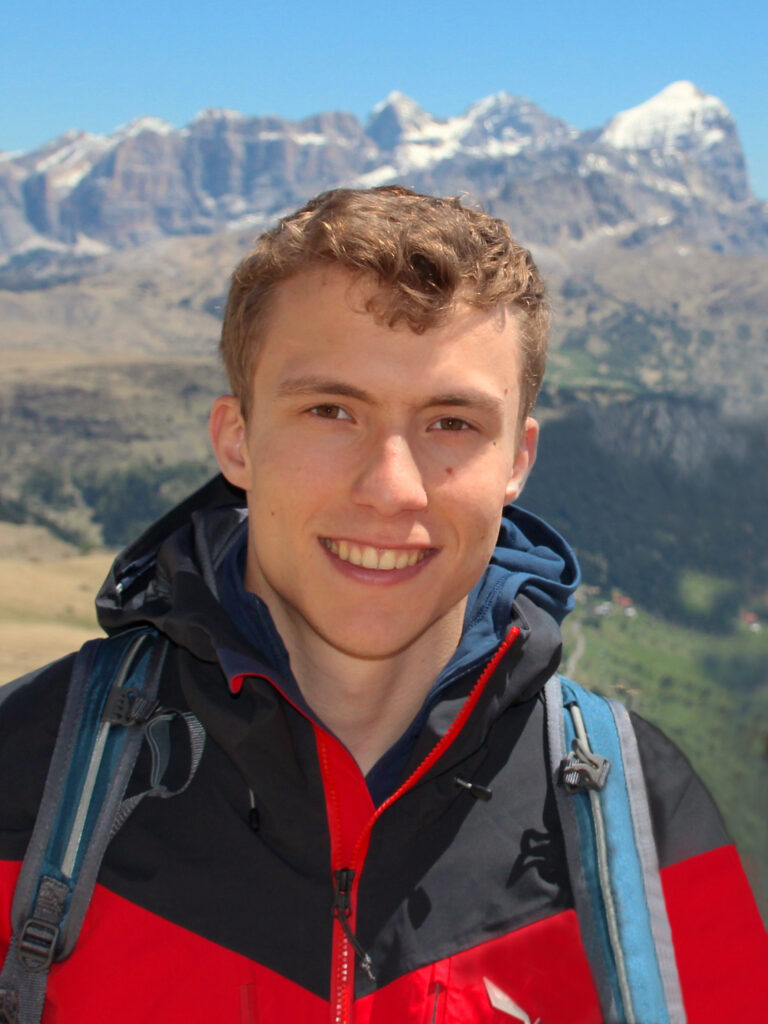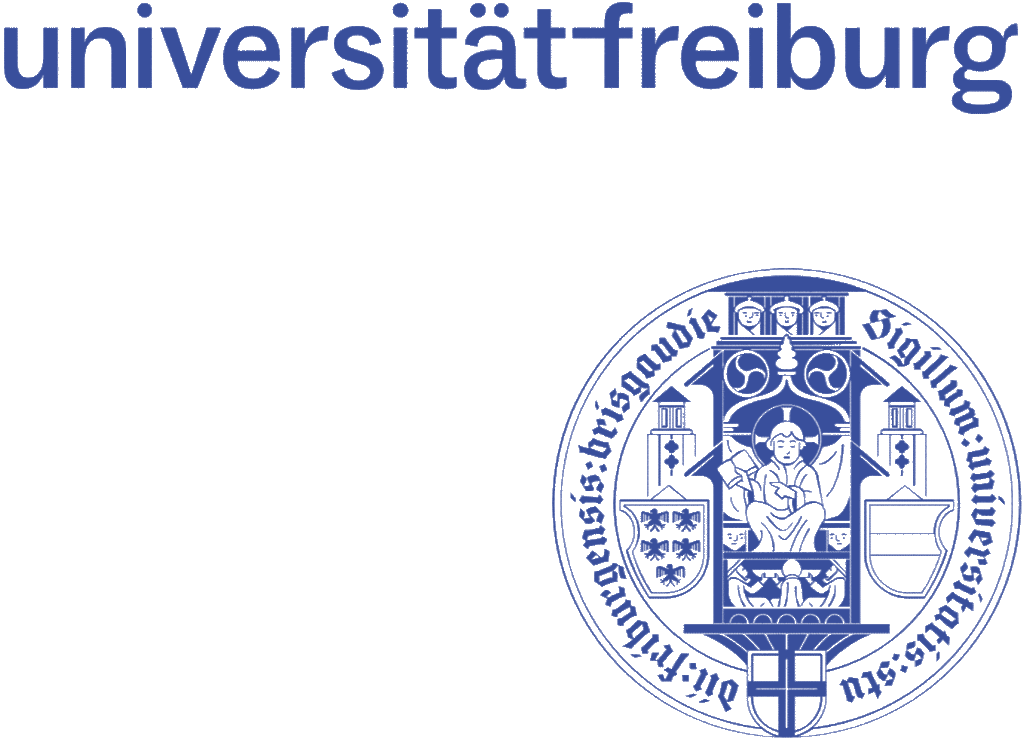
University of Freiburg
Institute of Physics
Quantum Optics and Statistcs
dominik.lentrodt(at)physik.uni-freiburg.de
In the last decades, new frontiers beyond fundamental science have opened in the study of quantum mechanics. A cornerstone of this development has been the identification and control of suitable quantum systems. In particular two-state systems known as qubits have played a pivotal role for information processing and conceptual progress. Dominik’s research projects focus on utilizing new kinds of qubits which may enable the implementation of quantum optics at higher energies, such as in the X-ray domain.
Within the hunt for such novel qubits, in particular Moessbauer transitions in atomic nuclei have emerged as a promising platform. Their ultra-high coherence and the possibility of large ensembles provides a complementary regime to electronic transitions in the X-ray regime, which typically feature large decoherence and competing processes.
In this context, we focus on the development of theoretical models for these regimes, including direct predictions and feasibility studies for experiments, as well as fundamental methodological development. For example, the X-ray analogue of cavity QED, which has recently featured exciting experimental results, requires an extension of standard quantum optical models (see project by Lucas Weitzel Dutra Souto). This development in turn is also relevant for other platforms at lower energies and involves tackling theoretical challenges at the forefront of light-matter interaction theory.



